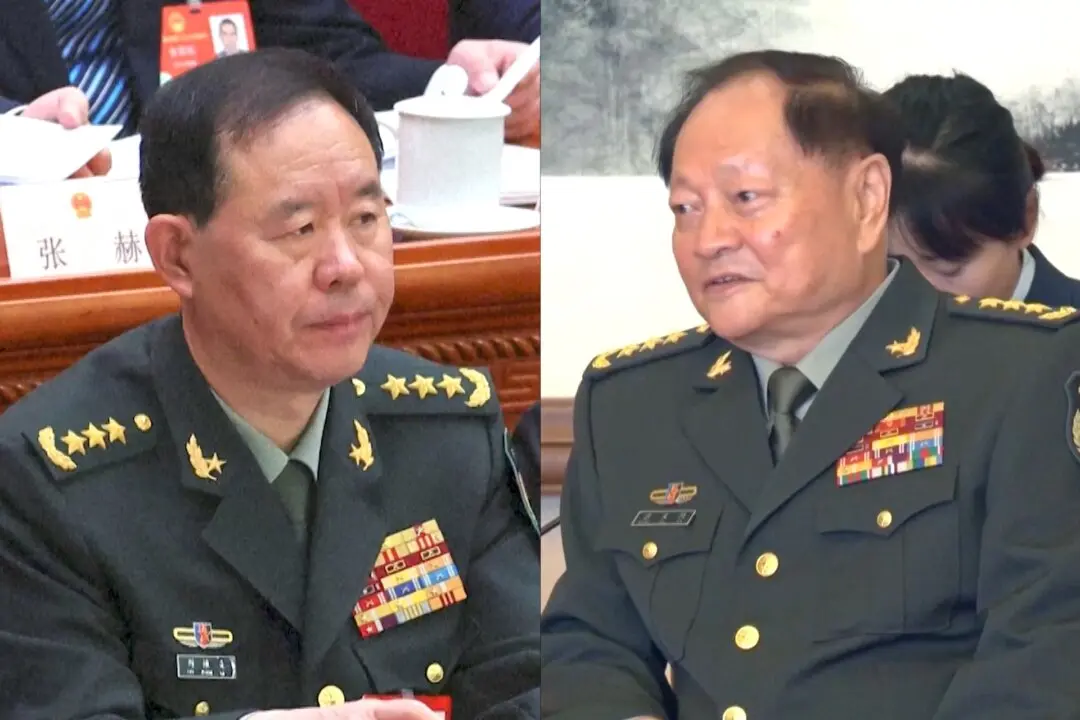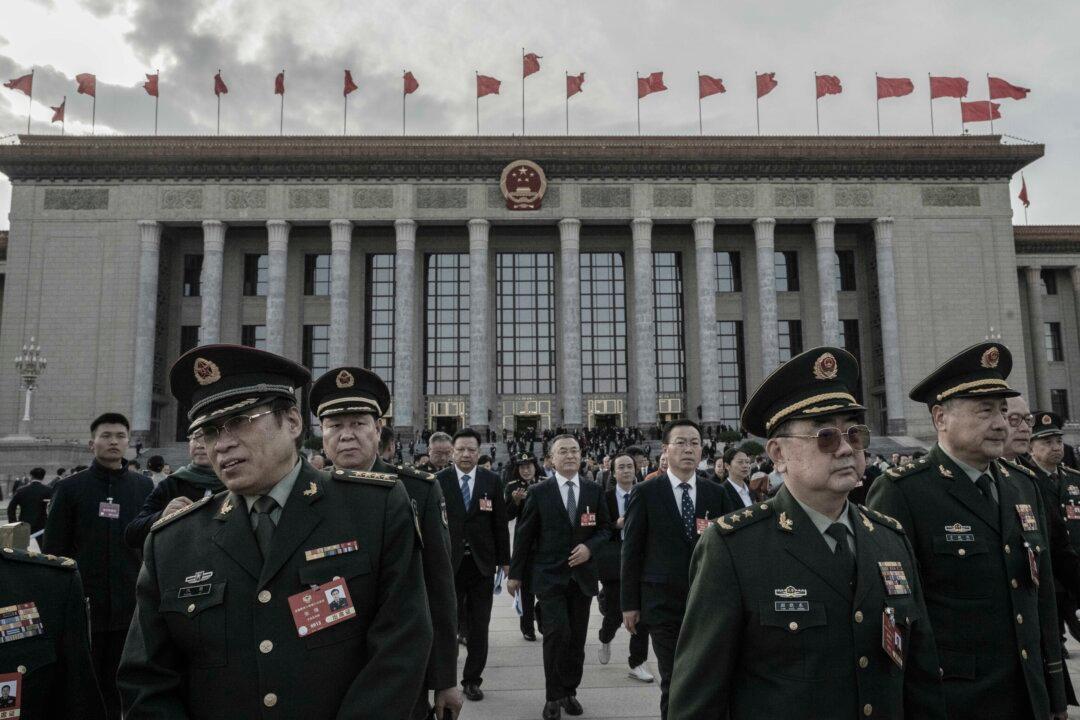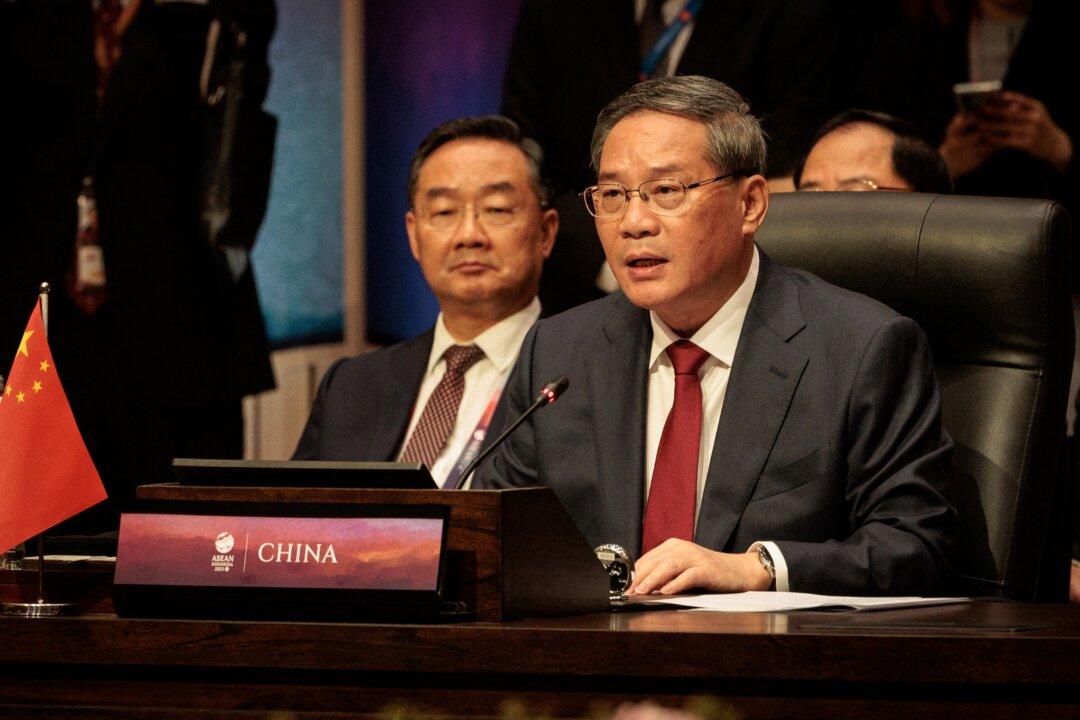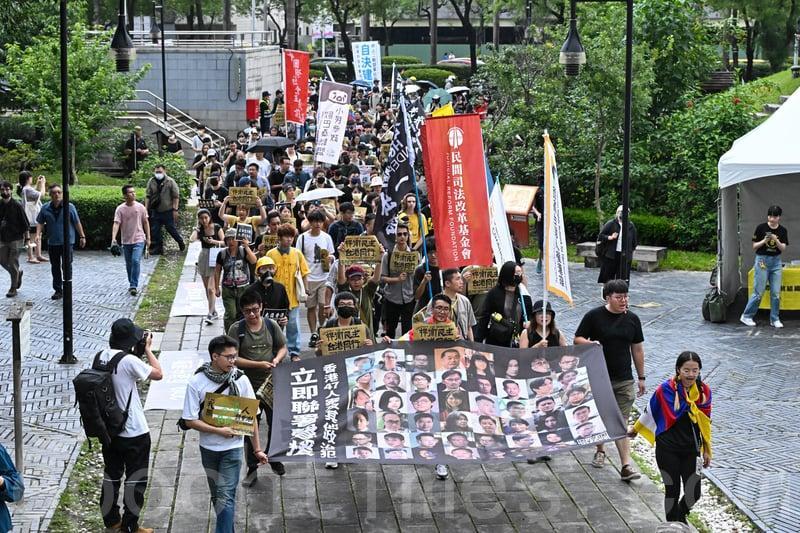Commentary
On Sept. 15, the General Office of the Chinese Communist Party’s Central Committee issued a set of guidelines “for strengthening the United Front Work in the private sector.” The Chinese Communist Party (CCP) rarely publishes documents about its United Front Work that involves private enterprises in China.





